I didn’t watch that much TV in the 70s and 80s—things like music, and girls, and still more music took up most of my time. But I did make sure to watch “Hill Street Blues” and, later, “LA Law” (the latter mostly due to the presence of Susan Dey, who was just as fetching as hard-working Assistant District Attorney Grace Van Owen as she was playing Laurie Partridge).
Both those shows were created by Steven Bochco, who died yesterday. He was 74
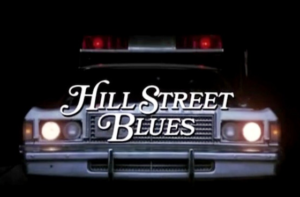 They couldn’t have been more dissimilar. “Hill Street” was a gritty, downbeat show about cops in an inner-city precinct, while “LA Law,” was a glittering, sunny, lightly comic look at the often intertwined romantic and work lives of an upscale law firm. What connected them was the way the various plotlines were juggled from
They couldn’t have been more dissimilar. “Hill Street” was a gritty, downbeat show about cops in an inner-city precinct, while “LA Law,” was a glittering, sunny, lightly comic look at the often intertwined romantic and work lives of an upscale law firm. What connected them was the way the various plotlines were juggled from
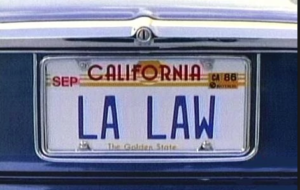
episode to episode; “Hill Street,” especially, was the closest network TV came to work of Robert Altman, with a fluid camera floating from character to character and overlapping dialogue giving the show an atmosphere and texture not seen on TV.
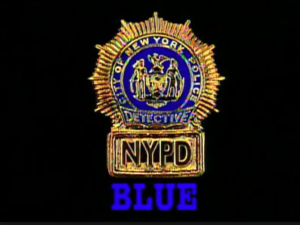 “NYPD Blue” changed coasts, but it large cast and expansive storytelling marked it as a Bochco production; he pushed against the censors, its mildly coarse language and (for the time) shocking nudity stretching the boundaries of network TV.
“NYPD Blue” changed coasts, but it large cast and expansive storytelling marked it as a Bochco production; he pushed against the censors, its mildly coarse language and (for the time) shocking nudity stretching the boundaries of network TV.
Bochco explained why his reasons for expanding the canvas TV could work on in the 2007 book Writing the TV Drama Series: How to Succeed as a Professional Writer in TV :
“When you end up creating a show with seven, eight, nine characters — ask yourself, how can you appropriately dramatize that many characters within the framework of an hour television show? And the answer is that you can’t. So you say, OK, what we have to do is spill over the sides of our form and start telling multi-plot, more serial kinds of stories.”
Bochco has less success producing half-hour sitcoms. With the exception of “Doogie 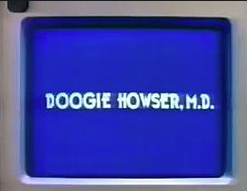 Howser, MD,” about a teenaged doctor (played by Neil Patrick Harris), his comedies flopped: neither “Bay City Blues” and “Public Morals” could last a full season (“Morals” was cancelled after one episode). But his most notorious flop was “Cop Rock,” a 1990 sitcom where characters would spontaneously break into song and dance. It lasted 11 episodes. Among his lesser known shows is “Murder One,” which followed a single investigation over an entire season, a template later followed by “True Detective,” “American Crime Story,” and podcasts such as “Serial.”
Howser, MD,” about a teenaged doctor (played by Neil Patrick Harris), his comedies flopped: neither “Bay City Blues” and “Public Morals” could last a full season (“Morals” was cancelled after one episode). But his most notorious flop was “Cop Rock,” a 1990 sitcom where characters would spontaneously break into song and dance. It lasted 11 episodes. Among his lesser known shows is “Murder One,” which followed a single investigation over an entire season, a template later followed by “True Detective,” “American Crime Story,” and podcasts such as “Serial.”
Before helming his own shows, Bochco wrote for “Columbo” (one episode, 1971’s 90-minute “Murder by the Book,” was directed by another up-and-comer, Steven Spielberg), “McMillan and Wife,” and “The Bold Ones.”

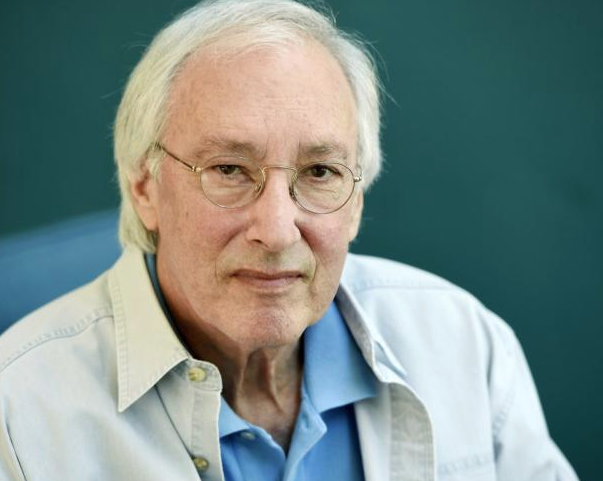
Leave a Reply